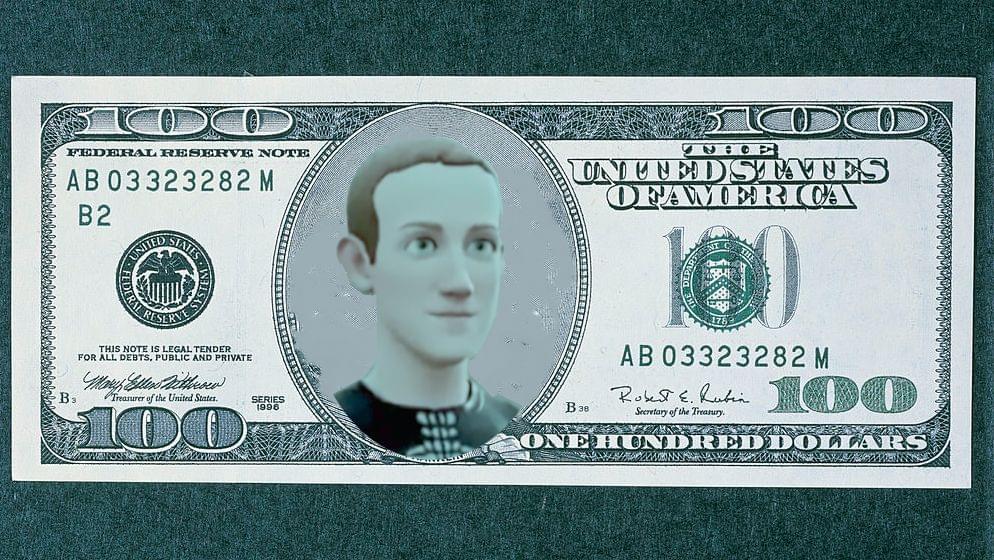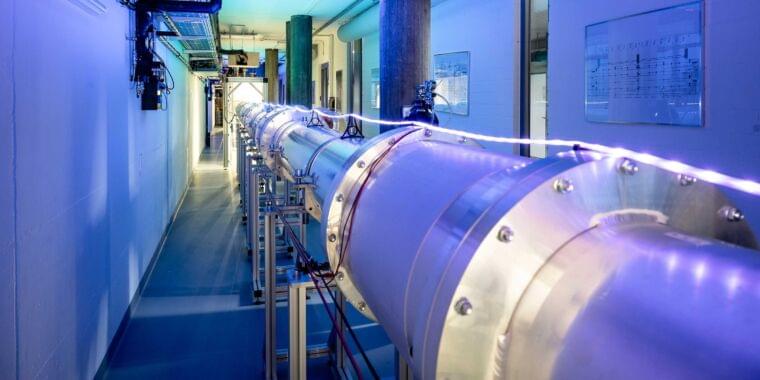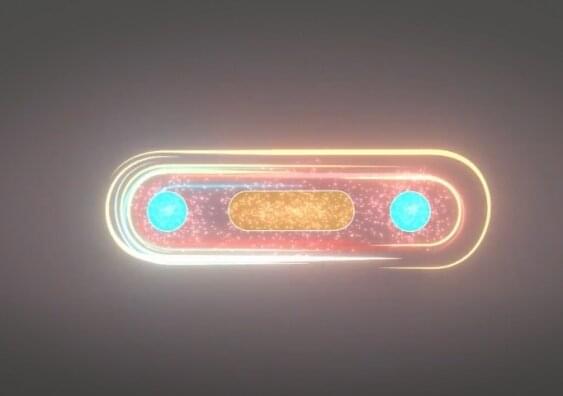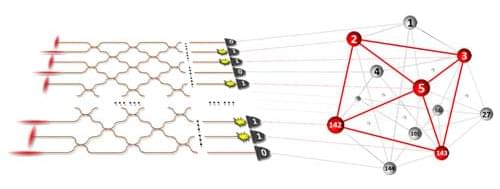
The exotic particles are called non-Abelian anyons, or nonabelions for short, and their Borromean rings exist only as information inside the quantum computer. But their linking properties could help to make quantum computers less error-prone, or more ‘fault-tolerant’ — a key step to making them outperform even the best conventional computers. The results, revealed in a preprint on 9 May1, were obtained on a machine at Quantinuum, a quantum-computing company in Broomfield, Colorado, that formed as the result of a merger between the quantum computing unit of Honeywell and a start-up firm based in Cambridge, UK.
“This is the credible path to fault-tolerant quantum computing,” says Tony Uttley, Quantinuum’s president and chief operating officer.
Other researchers are less optimistic about the virtual nonabelions’ potential to revolutionize quantum computing, but creating them is seen as an achievement in itself. “There is enormous mathematical beauty in this type of physical system, and it’s incredible to see them realized for the first time, after a long time,” says Steven Simon, a theoretical physicist at the University of Oxford, UK.

















